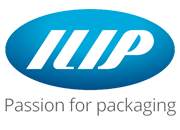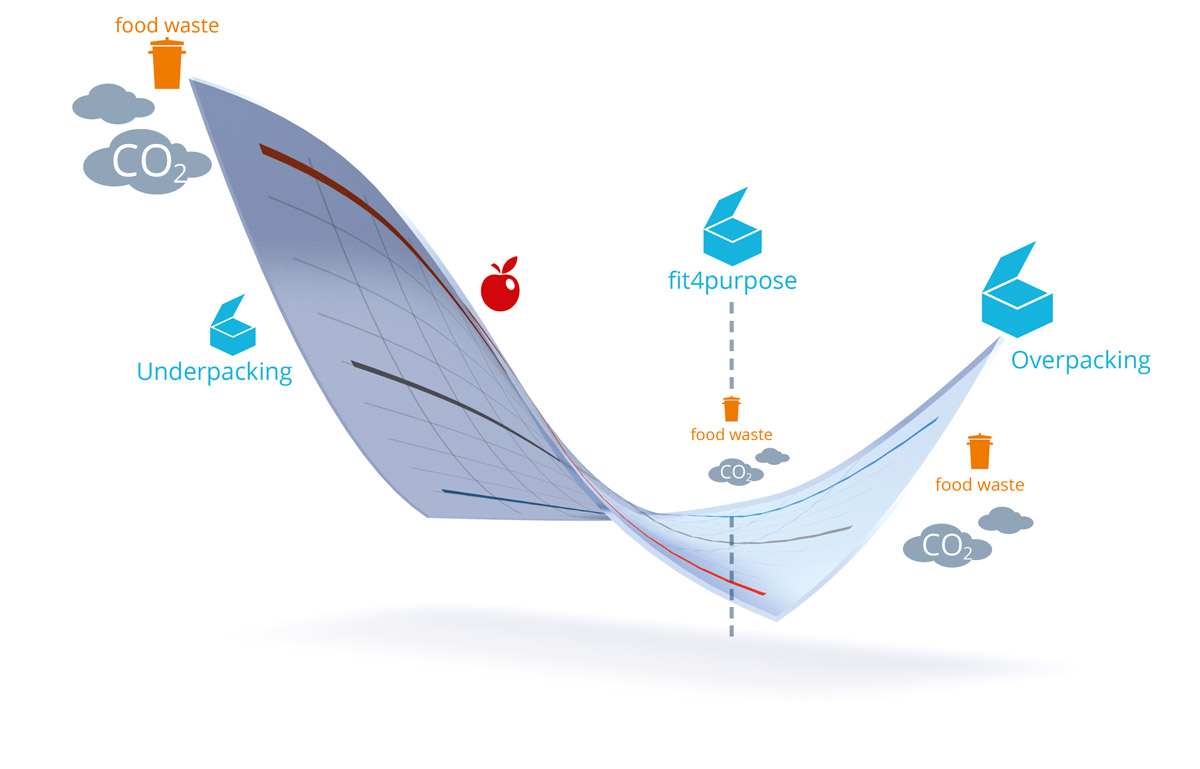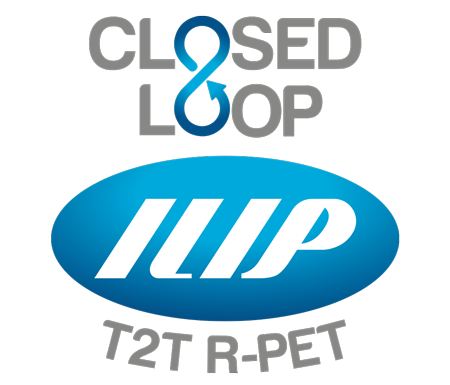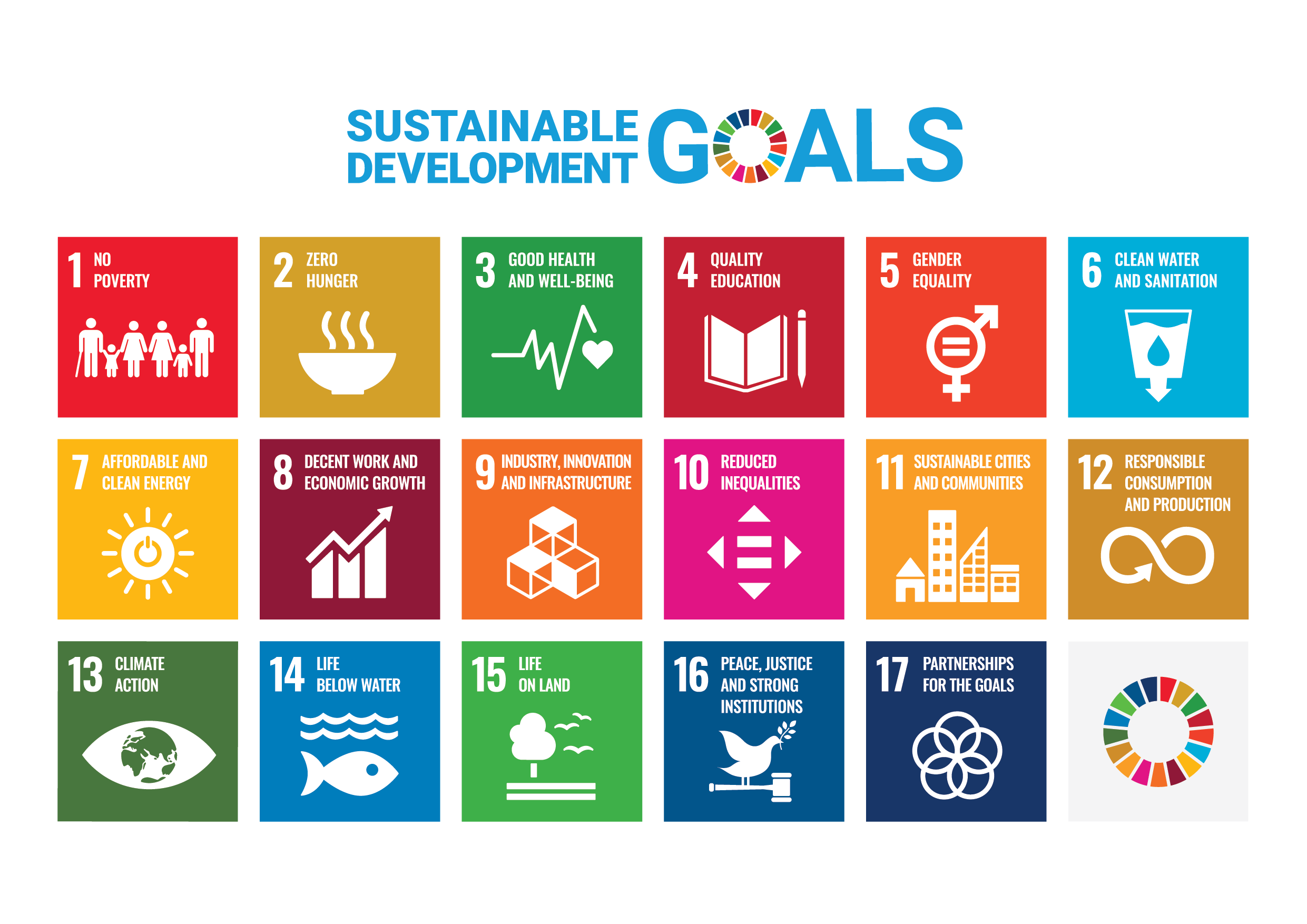Protect and nourish while respecting our planet
ILIP for the environment & CSR (Corporate Social Responsability)
In addition to the environmental sustainability policy we adopt in regard to our products, based on the concept of the 3Rs, Reduction in the use of raw materials and food wastage, Recycling of plastic packaging in order to be able to reuse the raw materials, taking a circular economy approach and Renewable resources like bioplastics, ILIP now launches a new Corporate Sustainability Plan and CSR Policies.
The search for increasing environmental sustainability is intrinsic to ILIP’s DNA, we need simply take a look at the timeline showing the main steps in the process.
The Ilip's three ``R``s
Objectives
Considering the concept of sustainability in its broadest sense, which includes not only environmental sustainability, but also social and economic sustainability, and drawing inspiration from the 17 Sustainable Development Goals (SDGs) prepared by the United Nations, listed below (click on the image for more details).
ILIP has identified a series of areas in its production and business processes to be monitored and has set itself targets for improvement.
Based on the Group’s “Code of Ethics”, which defines, amongst other things, conduct in business, policies governing compliance with employment contracts, equal opportunities and behaviour that is not permitted in the workplace, the areas range from environmental protection and the reduction of the environmental impact of its business and products during production, controlling energy consumption, limiting CO2 emissions and fostering the development of procedures for the internal recovery of reject materials, through to reducing occupational diseases and injuries with the growth and spread of a business culture aimed at preventing risks, incidents and emergencies, integrating health and safety management into all business processes.
Even the value chain is sensitised, from the suppliers through to the customer and, where possible, the consumers, directing them towards making informed choices that take into account the environmental impacts of the products certified by LCA studies and activities carried out relating to worker health and safety, product quality and consumer safety.
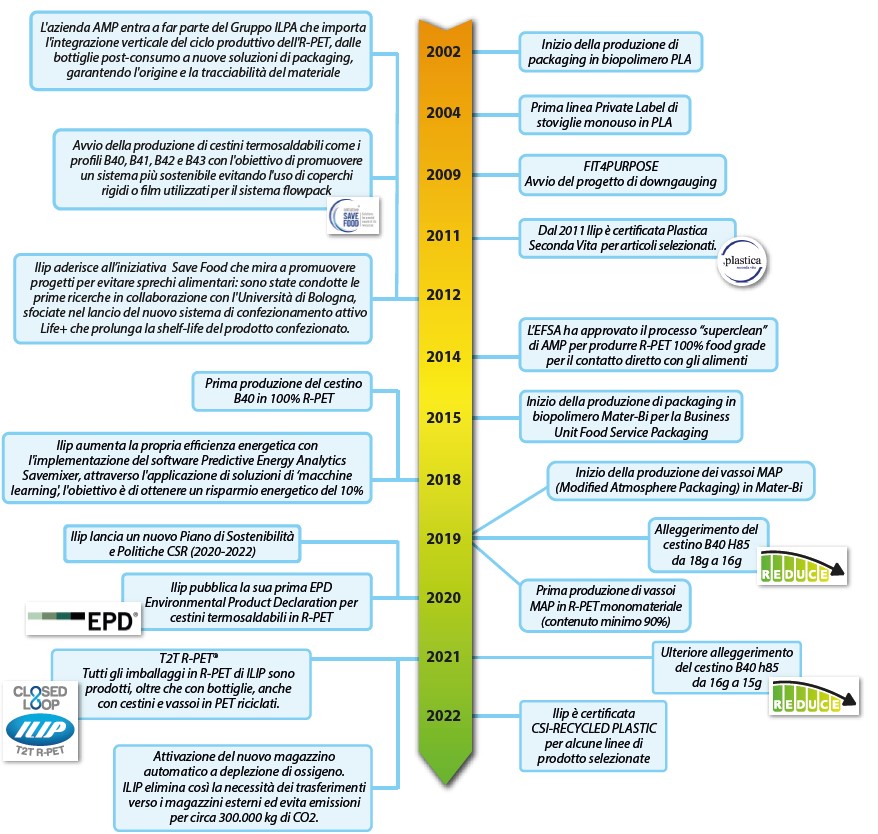
KPI
Clear, measurable KPIs have been defined for the Integrated Management System, which will be monitored until achieved and thereafter the results continuously improved.
More specifically, as regards environmental protection, Ilip is committed to monitoring the impact of its business throughout the production chain, seeing environmental sustainability as a decisive element, together with technical and economic considerations.
The company undertakes to work in respect of the environment, using the very best technologies available and guaranteeing an efficient use of energy, materials and natural resources.
The main aim is to reduce the environmental impact through specific programmes and projects throughout the value chain: from the raw materials to the production plants and logistics.
In this respect, it should be noted that with the commissioning of the AUTOMATIC WAREHOUSE, with a capacity for 60,000 pallet places, not only will ILIP improve its customer service, but, given its strategic position alongside the production plant, the current product transfers to external warehouses will cease: 8,501 transfers in 2019, equal to 283,380km and 300,000kg CO2 emissions. In addition, the warehouse will be protected by an innovative oxygen reduction fire-fighting system, which will not only protect the products, but also the surrounding environment and communities.
